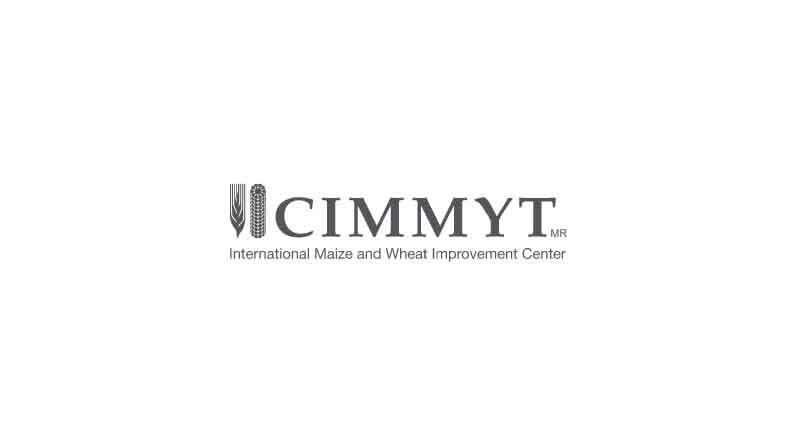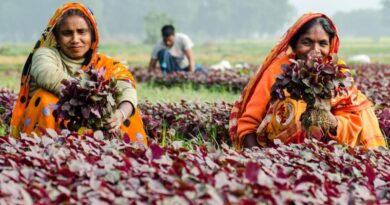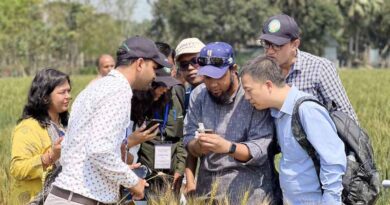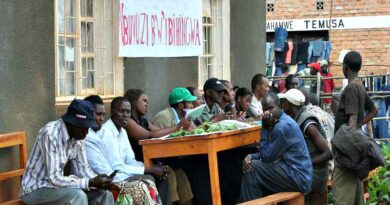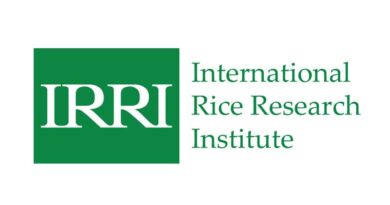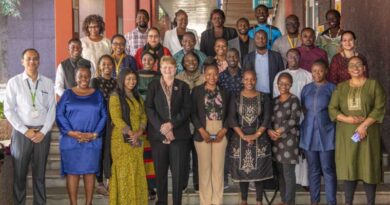The power of data in improving conditions for female farmers
19 August 2022, Bangladesh: Despite women’s essential role in agrifood systems, their contribution can be overlooked, with resources instead targeted towards their male counterparts.
However, advancements in technology now allow scientists to generate rich datasets that can aid analysis of the situational factors impacting women farmers’ participation in extension training services.
These developments have enabled scientists from the International Maize and Wheat Improvement Center (CIMMYT), Michigan State University, and Agricultural Advisory Society, a local NGO, to understand barriers to access and recommend improvements that will benefit women in Bangladesh.
Using a large dataset of 131,073 farmers in Bangladesh, researchers worked to identify ways to tackle gender exclusion in extension training. Scientists used machine learning to understand preferences according to gender and applied optimization theory and identified actionable ways to increase the number of farmers participating in video- and multi-media mediated trainings, while simultaneously improving gender inclusivity in public training events.
The study discovered strong gender specific considerations, such as the training session’s day of the week and time and the gender of the trainer, which prevented women from or encouraged them to take part in educational events.
It also demonstrates the potential for big data to transform our understanding of unstructured and semi-structured data into statistically verifiable insights that can genuinely impact farmer’s lives. Optimizing women’s involvement in agrifood systems can additionally play an important part in efforts to enhance farm productivity, gender and social inclusion, and nutrition in Bangladesh and beyond.
Also Read: ICL and Lavie Bio Enter Strategic Collaboration to Develop Novel Bio-Stimulant Products

